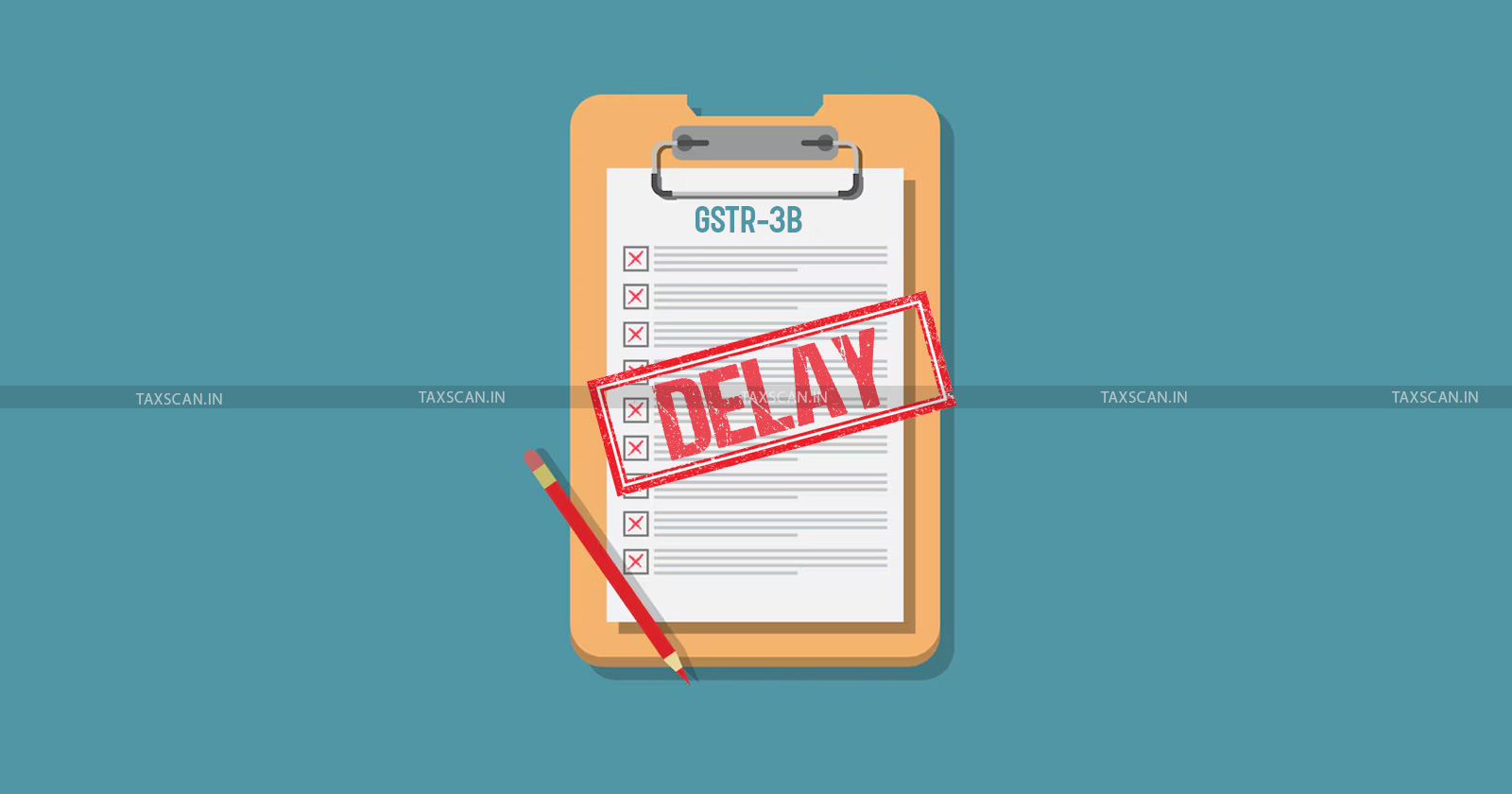Rs. 704 Crores GST Fraud: Rajasthan HC refuses to Grant Bail to Accused Noting Custody Escape Attempt [Read Order]
The amount involved runs into hundreds of crores and, given its serious implications for the country’s economic fabric, it cannot be treated as a routine matter, making the quantum directly relevant in assessing the gravity of the offence and the need for continued custody, observed the bench.
![Rs. 704 Crores GST Fraud: Rajasthan HC refuses to Grant Bail to Accused Noting Custody Escape Attempt [Read Order] Rs. 704 Crores GST Fraud: Rajasthan HC refuses to Grant Bail to Accused Noting Custody Escape Attempt [Read Order]](https://images.taxscan.in/h-upload/2025/06/27/2055352-rajasthan-hc-crores-gst-fraud-custody-taxscan.webp)
The Rajasthan High Court has refused to grant bail to an accused in an alleged massive ₹704 crore GST fake ITC fraud, citing the seriousness of the economic offence and the accused’s attempt to abscond from custody even during pendency of the bail application.
Ankit Bansal, the bail applicant was arrested by the Directorate General of GSTIntelligence (DGGI) for allegedly creating and operating over 353 fake or non-existent firms to generate bogus invoices and wrongfully avail input tax credit without any actual supply of goods. The department determined an evasion of GST amounting to around Rs. 704 crores.
The DGGI’s investigation revealed a web of fictitious transactions, suspicious cash movements, and unaccounted money exceeding hundreds of crores, severely impacting the exchequer.
All-in-One Manual with Updated GST Laws & Provisions, Click here
 Also Read:Interest Cannot Be Levied After GST Paid into E-Cash Ledger Even if GSTR-3B Filed Belatedly and Amount Debited Later: Madras HC [Read Order]
Also Read:Interest Cannot Be Levied After GST Paid into E-Cash Ledger Even if GSTR-3B Filed Belatedly and Amount Debited Later: Madras HC [Read Order]
The accused argued that he was a law-abiding businessman with no serious criminal background, that the maximum punishment was only five years, and that the trial would take a long time.
The applicant;s counsel contended that the offence was triable by a magistrate and that other co-accused had already secured bail. It was also alleged that he had been illegally detained prior to his formal arrest and that the case was based entirely on documents already in the department’s possession.
However, the Court, after examining the DGGI’s evidence, noted that the accused was identified as a key figure in a deep-rooted conspiracy to generate fake ITCthrough shell firms and dummy entities.
The High Court also took serious note of the fact that during custody, the accused, along with other undertrial prisoners, had attempted to escape from police custody during a hospital visit in connivance with four security guards.
An FIR for this escape attempt has already been registered. The Court noted that the accused’s conduct shows his intent to evade the process of law and that granting bail in such circumstances would risk the integrity of the investigation and trial.
How to Audit Public Charitable Trusts under the Income Tax Act Click Here
Justice Anand Sharma observed that “Needless to mention that where the amount involved runs into hundreds of crores and has serious implications over the economic fabric of the country, it cannot be said to be a routine matter; and hence, quantum is directly relevant in assessing the seriousness of the offence and the necessity of custody.”
“Therefore, when determining bail in economic offences, the magnitude of the siphoned amount is not merely incidental but rather an integral indicator of the severity of the offence, potential influence over witnesses or the system, and the possible adverse impact on public confidence in financial integrity and the rule of law” added the court.
The bench noted the Supreme court ruling of Y.S. Jagan Mohan Reddy Case, where it was observed that “Economic offences having deep-rooted conspiracies and involving huge loss of public funds need to be viewed seriously and considered as grave offences affecting the economy of the country as a whole."
Accordingly, considering the gravity of the offence and the nature of the accused attempting to abscond, the court refused to grant bail at any conditions. However, the bench made clear that the observations provided are only for the purpose of adjudication of this bail application and shall not influence the trial proceedings in any manner.
The High Court also directed the trial Court to conclude the Trial within a reasonable time ensuring
right of the accused petitioner regarding speedy trial as guaranteed by Article 21 of the Constitution of India.
Complete GST Act & Rules with amendments made by financial bill, 2025 - Click Here
 Also Read:TNVAT ITC utilised during GST Period without Filing TRAN 1 : Madras HC Sets Aside S.74 Order, Allows Fresh Hearing [Read Order]
Also Read:TNVAT ITC utilised during GST Period without Filing TRAN 1 : Madras HC Sets Aside S.74 Order, Allows Fresh Hearing [Read Order]
Support our journalism by subscribing to Taxscan premium. Follow us on Telegram for quick updates


